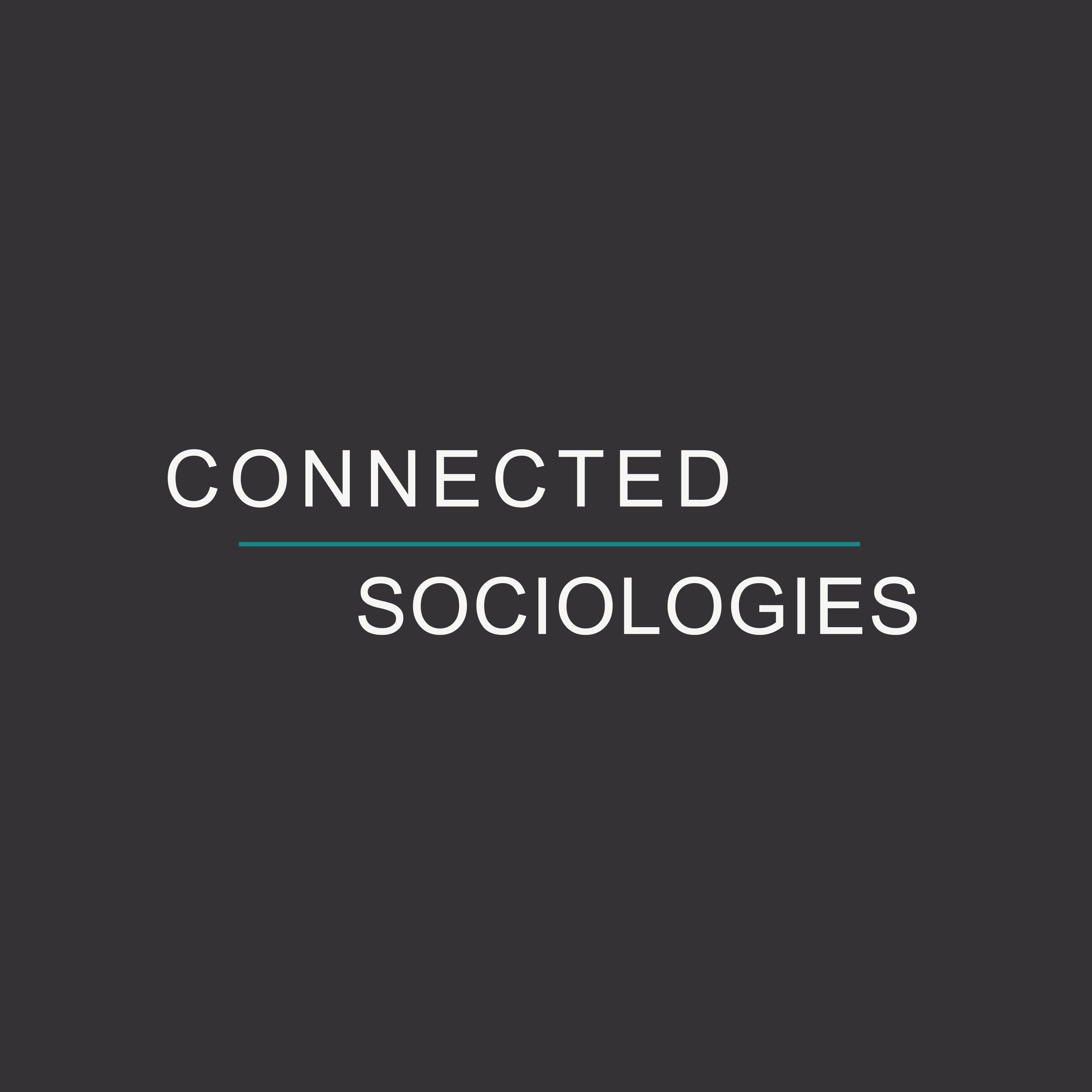
6.9K
Downloads
32
Episodes
Sociology is based on a conventional view of the emergence of modernity and the ‘rise of the West’. This privileges mainstream Euro-centred histories. Most sociological accounts of modernity, for example, neglect broader issues of colonialism and empire. They also fail to address the role of forced labour alongside free labour, issues of dispossession and settlement, and the classification of societies and peoples by their ‘stages of development’. The Connected Sociologies Curriculum Project responds to these challenges by providing resources for the reconstruction of the curriculum in the light of new connected histories and their associated connected sociologies. The project is designed to support the transformation of school, college, and university curricula through a critical engagement with the broader histories that have shaped modern societies.
Episodes

Friday Jan 08, 2021
Gendering Modernity: Black Feminist Perspectives
Friday Jan 08, 2021
Friday Jan 08, 2021
In the making of modernity, questions of gender and sexuality constitute the very structures of power by which modernity is produced, organised and understood. Equally, it is not possible to talk about the gendering of modernity without also showing how these structures of power are inherently racialised. To illustrate these points, this session will examine the social category of ‘womanhood’ through Sojourner Truth's speech, ‘Ain’t I a woman?’ in order to trace the figure of the enslaved African woman and her labour within the making of the modern world. Hortense Spillers’ concept of the ‘ungendering’ of African women under conditions of enslavement will be engaged along with Oyèrónkè Oyěwúmi’s arguments on the imposition of colonial western gender categories in Yorubaland. The aim here is to provide some illustrations of the ways gender and racialisation are explicitly bound to colonial world making in ways that continue to have an imprint onto the contemporary lives of Black women.
Readings:
- Crenshaw, Kimberle (1989) Demarginalizing the Intersection of Race and Sex: A Black Feminist Critique of Antidiscrimination Doctrine, Feminist Theory and Antiracist Politics, University of Chicago Legal Forum: Vol. 1989, Article 8.
- hooks, bell, (2015). Ain't I a woman: Black women and feminism. New York: Routledge, Taylor & Francis Group.
- Lewis, G. (2017) Questions of presence. Feminist Review 117 (1)
- Lugones, M. (2008).The Coloniality of Gender. Worlds & Knowledges Otherwise, 2 (Spring), 1-17.
- Noble, D. (2020) Decolonising and Feminizing Freedom: A Caribbean Genealogy. London. Palgrave Macmillan.
- Oyěwúmi, O. (1997) The Invention of Woman: Making Sense of Western Gender Discourse
- Spillers, H. (1997) Mama's Baby, Papa's Maybe: An American Grammar Book. Diacritics 17.2 (1987): 65-81.
- Truth, S. (1851)‘Ain’t I a woman’.
Questions
- Examine the significance of racial categories and processes of racialisation to our understanding of gender and modernity?
- How does Hortense Spillers’ concept of ‘ungendering’ help us to critique universal and historical categories of gender and womanhood?
- To what extent do historical and colonial processes of gendering and racialization continue to impact the contemporary lives of Black women in the context of the #SayHerName movement?
- Consider Oyèrónkè Oyěwúmi's argument that womanhood is a colonial construct in order to explore the possibilities of refusing gender categories?

Comments (0)
To leave or reply to comments, please download free Podbean or
No Comments
To leave or reply to comments,
please download free Podbean App.